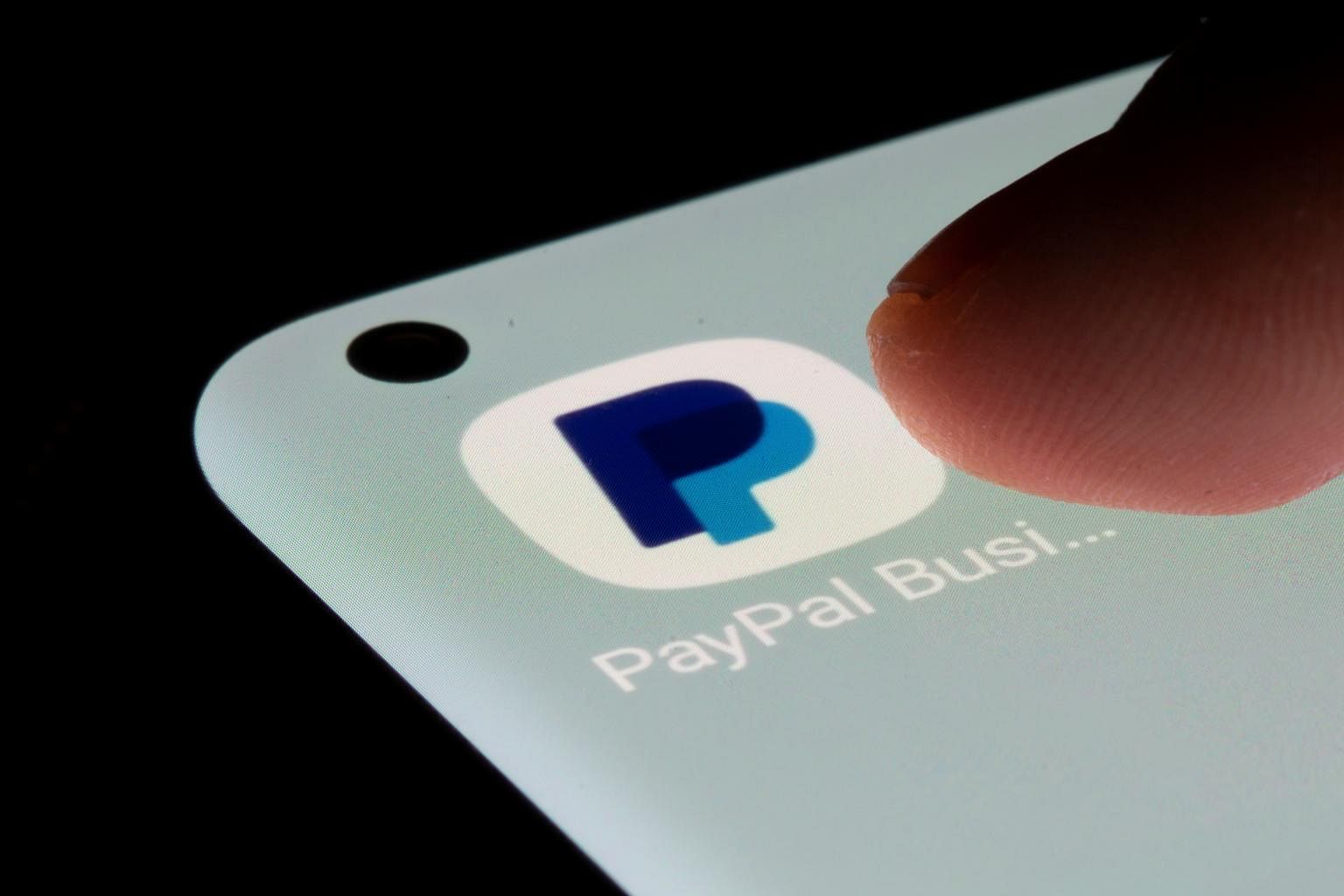(NYTIMES) - In April last year, Mr Jeff Bezos, Amazon's chief executive and the world's richest man, announced he was focusing on people rather than profits. Amazon would spend about US$4 billion (S$5.5 billion) in the next few months "providing for customers and protecting employees", he said, wiping out the profit the retailer would have made without the coronavirus.
It was a typically bold Amazon announcement, a shrewd public relations move to sacrifice financial gain at a moment of misery and fear. He said this was "the hardest time we've ever faced" and suggested the new approach would extend indefinitely. "If you're a share owner in Amazon," he advised, "you may want to take a seat."
At the end of July last year, Amazon announced quarterly results. Rather than earning zero, as he had predicted, it notched an operating profit of US$5.8 billion - a record for the company.
The months since have established new records. Amazon's margins, which measure the profit on every dollar of sales, are the highest in the history of the company, which is based in Seattle.
Even as most other industries are pummelled by the pandemic, the tech industry has flourished.
The combined stock market valuation of Apple, Alphabet, Nvidia, Tesla, Microsoft, Amazon and Facebook soared by about 70 per cent to more than US$10 trillion. That is roughly the size of the entire US stock market in 2002.
Apple alone has enough cash in its coffers to give US$600 to every person in the United States. Silicon Valley, still the world headquarters for tech start-ups, has never seen so much loot. More Valley companies went public last year than in 2019, and they raised twice as much money when they did. Forbes calculates there are now 365 billionaires whose fortunes derive from tech, up from 241 before the coronavirus.
PayPal, the digital payments company, had 325 million active accounts before the pandemic. It reported 392 million in the first quarter. "The winds were blowing in our direction, but we had to set the sails," said CEO Dan Schulman.
The wind was so strong, it blew tech into another universe of wealth and influence.
The pandemic's tailwind
When people all over the world were urged and sometimes ordered to stay put in their homes, naturally companies whose very existence involves facilitating virtual lives benefited.
The rise of teleconferencing company Zoom as both a verb and stock market winner was perhaps the easiest call of the year.
"Call it half luck - being in the right place at the right time - and half strategic tactics by companies recognising that this was going to be a once-in-a-lifetime opportunity," said Mr Dan Ives, a managing director at Wedbush Securities. "What for most industries were hurricane-like headwinds was a pot of gold for tech."
Pushing back
The biggest and perhaps the only threat to tech now is from government. Tech antitrust reformers say the government response to the pandemic, including the national eviction moratorium, repudiated decades of entrenched belief in a hands-off economic approach. Now, the activists say, they will have their moment.
"When the government moved in a robust way to keep everybody afloat, free-market ideologies died," said Ms Stacy Mitchell, co-director of the Institute for Local Self-Reliance, a research and advocacy group that fights corporate control. "People now appreciate the government can either make choices that centralise power and wealth, or it can structure markets and industries in ways that deliver benefits more broadly."

Ohio sued Google, saying it should be regulated like a public utility. The Teamsters, one of the biggest labour unions, passed a resolution to supply "all resources necessary" to help organise workers at Amazon. But any measures restricting tech will ultimately need public sentiment behind them to succeed. Even some of tech's biggest supporters see the potential for worry here.
"We went from being pirates to being the navy," said Mr Marc Andreessen, a central figure in Silicon Valley for a quarter-century. "People may love pirates when they're young and small and scrappy, but nobody likes a navy that acts like a pirate. And today's technology industry can come across a lot like a navy that acts like a pirate."
Beyond the threat of misuse of tech lurks a darker possibility: a misplaced confidence in the ability of one loosely regulated sector to run so much of the world.
Weeks before the pandemic, Rand Corp published a study on systemic risk and how a problem with one company can imperil others in its network. The research group investigated whether tech companies had supplanted financial firms as a key node in the economy and if the economy was growing too dependent on them.
Amazon, whose AWS cloud division has millions of customers, was highlighted.
In December, Rand's point was made when SolarWinds, which makes software that lets other firms manage their networks, was revealed to have been infiltrated by Russian hackers. Since SolarWinds had so many clients, including Fortune 500 companies and federal agencies, the breach became one of the worst on record.

Pushing forward
The pandemic gave tech firms the power and the cash to make aggressive bets on their individual destinies. Buying another company was one way to do this. Global deal values in tech soared 47.3 per cent last year from a year ago.
Zillow, a digital real estate firm in Seattle, spent US$500 million in February to buy ShowingTime, a scheduling platform for home showings. A few weeks later, it said it would hire 2,000 people, increasing its workforce by 40 per cent.
But its biggest bet will take longer to play out. Before the pandemic, Zillow discouraged working from home, like most companies. Then last summer, it said 90 per cent of its staff could work remotely forever if they chose.
At the time, Zillow was in the vanguard of a movement. Now the idea of the non-virtual office is re-exerting its pull with managers.
Amazon says its plan "is to return to an office-centric culture as our baseline". Google asserted the same thing, but backed off after workers rebelled. IBM says 80 per cent of its employees will be in the office at least three days a week.
Zillow is a bit of an outlier. Even after a year of working from home, 59 per cent of its employees told the firm they planned to go into the office once a month or less.
This may be the pandemic's ultimate tailwind: not just the future coming much faster to your company but actively pushing your company faster into the future. It is a risk that might be easier to undertake if your market value has suddenly tripled the way that Zillow's did.

